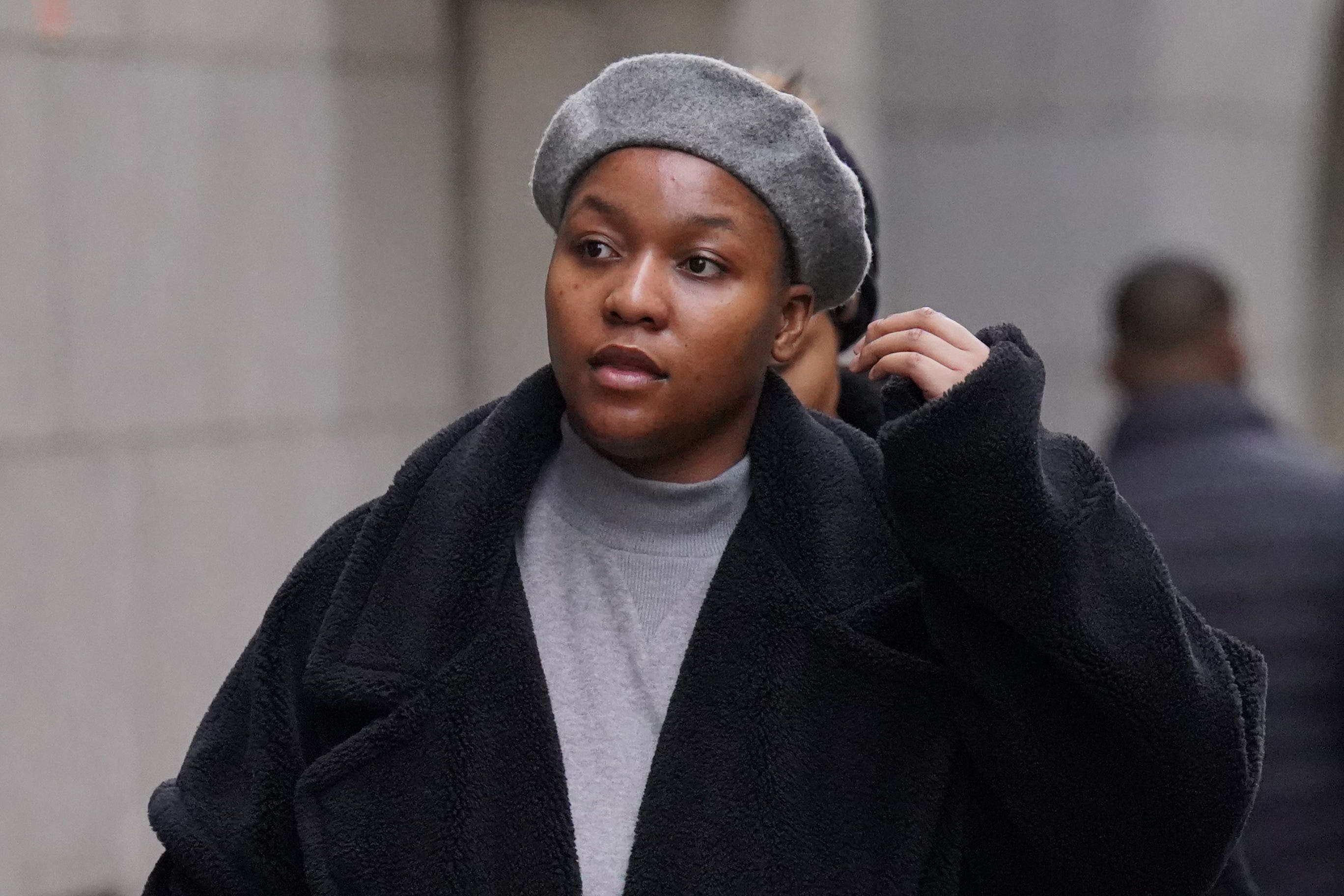Nigerian politician accused of organ-harvest plot tells court of ‘scam’ concerns
Ike Ekweremadu, 60, was giving evidence at the Old Bailey in central London.

A senior Nigerian politician accused of plotting to arrange an illegal kidney transplant for his sick daughter in the UK has told jurors he thought he was being “scammed”.
Ike Ekweremadu, 60, his wife Beatrice, 56, daughter Sonia, 25, and medical “middleman” Dr Obinna Obeta, 50, are accused of conspiring to arrange or facilitate the travel of a young man to Britain to exploit him for his body part.
It is alleged the 21-year-old street trader from Lagos was to be paid up to £7,000 with the promise of opportunities in the UK in exchange for donating a kidney to Sonia Ekweremadu.
He was falsely presented as Sonia’s cousin in a failed bid to persuade medics at the Royal Free Hospital in London to carry out the £80,000 private procedure, the Old Bailey has heard.
Giving evidence on Tuesday, Ike Ekweremadu was asked about an invoice for £8,000 he received via his brother Diwe on February 8 2022.
In his message, Diwe wrote that he had received a “huge invoice” from a consultant doctor for his service, saying: “It looks like they’re all out to exploit people’s unfortunate situation.”
The defendant told jurors that his view was that he was being “scammed”.
My daughter’s life was on the line so if we stop we will be putting my daughter’s life in danger. So we just keep moving. Everybody was obviously taking advantage of my daughter’s ill health
Defence barrister Martin Hicks KC asked: “Why not at this stage say we are being scammed Dr Obeta, end of, stop.”
Ike Ekweremadu replied: “My daughter’s life was on the line so if we stop we will be putting my daughter’s life in danger. So we just keep moving.
“Everybody was obviously taking advantage of my daughter’s ill health.”
The defendant was also asked about an unsigned affidavit dated January 19 2022 recovered from Obeta’s home which falsely stated that the proposed donor was Sonia’s cousin.
He told jurors: “I felt embarrassed because that’s not true and I told my daughter to ignore the document.”
Mr Hicks said: “Was it your impression she was being asked to sign it?”
Ike Ekweremadu replied: “Yes, I told her not to sign it because it was bad enough she had been made to create the impression she was related to (the donor).
“It was more complicated to do an affidavit. If you sign an affidavit you have to tell the truth.”
Asked who created the document, the defendant said: “I have no idea.”
He added: “When they were exchanging papers in the trial, my family and I wrote to the court in Abuja (the capital of Nigeria) to find the origin but no such document exists in the records.”
Mr Hicks asserted: “It’s a forgery.”
Ike Ekweremadu replied: “Of course it is.”
The Ekweremadus, who have an address in Willesden Green, north-west London, and Obeta, from Southwark, south London, deny the charge against them and the Old Bailey trial continues.
